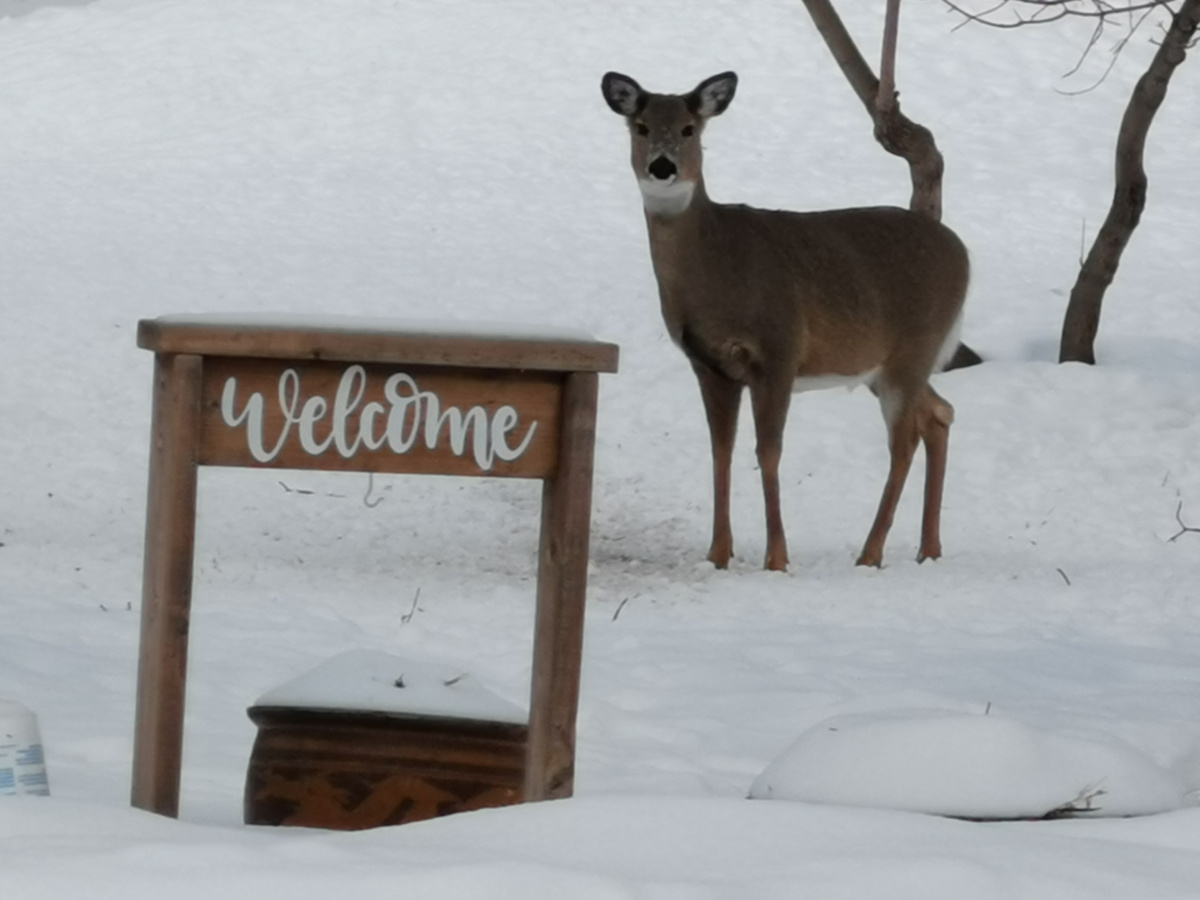Communities of Prayer: Fort Qu'Appelle, SK
"It's about relationship."
Prayer and action go hand-in-hand in the Qu'Appelle Valley.
This piece is part of a series highlighting some of the diverse expressions of the WPCU in communities across Canada. If you feel inspired to share with us about your own community’s experience of the WPCU, please contact Amelia Pahl at pahl@councilofchurches.ca.
After decades of ecumenical work first in Regina and now in the Qu’Appelle Valley, SK, Rev. Glenn Zimmer is as convinced as ever of the necessity of ecumenical prayer. “It’s all about relationship,” he says, “It’s like, you know people [in your everyday encounters with them] but it’s only when you go into their home and meet their family that you get to know another part of them.”
As one of the directors of the Qu’Appelle House of Prayer, Rev. Zimmer has hosted and participated in numerous ecumenical initiatives, including countless WPCU celebrations over the years. In Qu’Appelle, the Week of Prayer often takes the form of a series of noon-hour prayers and luncheons and an evening service, each hosted by a different congregation.
Though these efforts may seem small, Rev. Zimmer is convinced that they remain important: "My sense is that, as limited as these ecumenical initiatives are, they strike something in people's hearts that gives them a freedom to relate, and another way to meet people they may have known for a long time, but can now meet in another way, in a safe place. It gives them permission to follow what I think is their instinct.”
"My sense is that, as limited as these ecumenical initiatives are, they strike something in people's hearts that gives them a freedom to relate, and another way to meet people they may have known for a long time, but can now meet in another way, in a safe place. It gives them permission to follow what I think is their instinct.”

Sign welcoming visitors to the Qu'Appelle House of Prayer
Just as this instinct for relationship is awakened in the sharing of ecumenical prayer, so does it lead to a wider concern for the community as well as the global Church. Rev. Zimmer points out that we need to “continue to talk about other ways of unity,” not just in celebrating the Week of Prayer, but also in our sensitivity “to those who are sick, those who are hungry.” Praying for Christian unity must lead us ultimately to ask ourselves, “How can we be present to these people?”
When asked what his hope is for the future of the Week of Prayer, Rev. Zimmer says, “My hope would be that prayer does work. It's not my prayer, it's not yours, not the Canadian Council of Churches. It's the prayer of Christ before he died—Christ, the compassionate one, the unifier. Whatever way possible, day by day, year by year, we must let that prayer pray within us, and trust that it's going to make a difference.”
*Rev. Zimmer's comments have been lightly edited for clarity.




